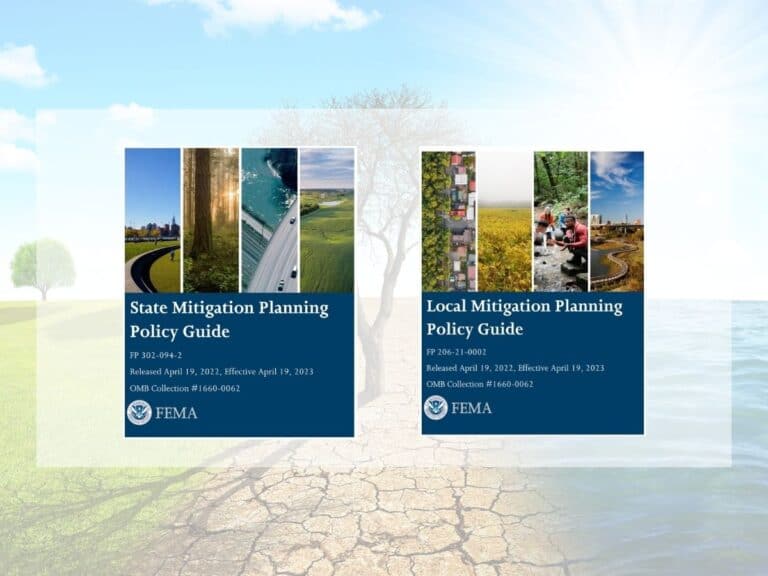FLOOD INSURANCE: FEMA to give some credit for subpar levees when assessing risk
FLOOD INSURANCE: FEMA to give some credit for subpar levees when assessing risk (06/09/2011)
Paul Quinlan, E&E reporter
Under pressure from Congress, the Federal Emergency Management Agency is moving fast to change its practice of ignoring the existence of a levee considered to be substandard when assessing a homeowner’s flood risk.
Dubbed the “without levee” practice, it has sometimes resulted in big flood insurance rate increases for homeowners across the United States who were found to be living behind one of the nation’s hundreds of aging levees recently deemed to be substandard, or incapable of protecting against a 1-in-100-year flood.
That could soon change. FEMA Administrator Craig Fugate told lawmakers today that an in-the-works policy, due out in draft form in 60 to 90 days, would require his agency to take all levees into account when assessing flood risk, regardless of whether the structure is certified, and consider its flood protection value “as built.”
“We will now, after this process, look at structures that are there and then map what this risk looks like,” Fugate told the Senate Banking, Housing and Urban Affairs Committee.
The change could mean savings for many homeowners who recently found themselves living in low-lying areas FEMA deemed at-risk of flooding. FEMA has been working to redraw flood maps across the United States to better account for flood risk, as part of a broader effort to reform the nation’s deeply indebted National Flood Insurance Program.
Before, if it wasn’t up to the 1-in-100-year standard, the levee did not exist on FEMA’s new maps. Now even substandard levees could be given some benefit of the doubt.
That could go far in alleviating pressure on communities that cannot afford to either upgrade a levee found to be below-standard or pay to have their levee certified.
Lawmakers — 49 House members and 29 senators — had petitioned Fugate to make such a change in a letter earlier this year. Committee members praised him for moving forward quickly on changing the practice.
“Thank you for that policy change,” said Louisiana Sen. David Vitter (R). “That’s enormously important.”

